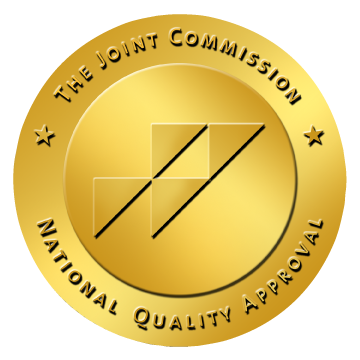Alcohol has been a staple at dinner tables, celebratory gatherings, and social settings for generations. But as with most things, controlling one’s consumption of alcohol is critical. Where things get dangerous is when we allow ourselves to drink to excess, an act that is also known as binge drinking.
The National Institute on Alcohol Abuse and Alcoholism (NIAA) defines binge drinking as “a pattern of drinking alcohol that brings blood alcohol concentration (BAC) to 0.08 percent—or 0.08 grams of alcohol per deciliter—or higher.” To add context, the NIAA also writes that this pattern of alcohol misuse corresponds to four or more drinks for adult females and five or more drinks for adult males in a two-hour window. In youths, those numbers drop to three drinks for girls and three to five drinks for boys.
If that describes your behavior, you aren’t alone. Based on data reported in the 2019 National Survey on Drug Use and Health, approximately 66 million people in the United States, ages 12 and older, said they participated in binge drinking in the month prior. Fortunately, there are some proactive steps one can take to reduce the likelihood of overindulging in alcohol. Check out these five tips to stop binge drinking.
For many people, there are repeat patterns that occur with binge drinking. This can be anything from the physical location of where the drinking takes place to the time, day, or the week that you usually drink and even the people that you’re typically with. When you’re trying to stop binge drinking, you might find it helpful to remove yourself from those situations by avoiding places like bars or nightclubs where excessive drinking generally takes place. At least in the interim, you may also consider limiting the time you spend with people who are still actively binge drinking.
Stopping binge drinking doesn’t mean you have to eliminate all alcohol consumption. Remember: moderation is key. You might find that slowing down while drinking can help you stave off the perils of binging. Try consuming a non-alcoholic drink — ideally water — between drinks; and when you are consuming alcohol, sip slowly instead of guzzling down drinks as quickly as you can. You should also avoid party games or activities that encourage rapid consumption like “shotgunning” a beer.
Binge drinking is often coupled with nightlife or social events, like tailgating before a sports game, but if you find that your social life revolves around alcohol or binge drinking, it may be time to find new hobbies. Activities like increasing your exercise levels, reading, spending time outdoors, and even watching movies are all healthy ways to avoid pastimes associated with binge drinking.
Though it’s commonly known that drinking alcohol to excess can pose numerous health risks, from motor vehicle crashes to alcohol poisoning, more than 90% of U.S. adults who drink excessively still report that they binge drink. Why is that? Because alcohol is a legal, readily available, and powerful drug with an allure that can be challenging to resist. That said, if you’re trying to stop binge drinking, you must celebrate your accomplishments. When you are able to resist the temptation to drink excessively, don’t hesitate to reward yourself with some positive reinforcement.
There are a variety of options for someone who continues to struggle to stop binge drinking. For some, the support of friends and family is enough to keep them from surrendering to their urges. However, others may need professional help like a detox program, medication to manage cravings or cognitive behavioral therapy to address the underlying issues driving the person to drink excessively. An alcohol and substance abuse treatment center may be able to help you with all of those and supply coping skills and aftercare guidance to ensure you stay on the road to recovery.
If binge drinking is a concern for you, we always encourage you to speak with your health care provider about your options and some additional strategies to deploy that may help curtail overindulgence in alcohol. However, if you and your provider believe professional assistance is in your best interest, New England Medical Group can help.
Our substance abuse treatment programs are flexible in nature but comprehensive in scope, featuring clinically proven methods like individual therapy, group therapy, mindfulness groups, and aftercare planning. If you’d like to learn more, please complete our online intake form, and our staff will reach out to you soon.
